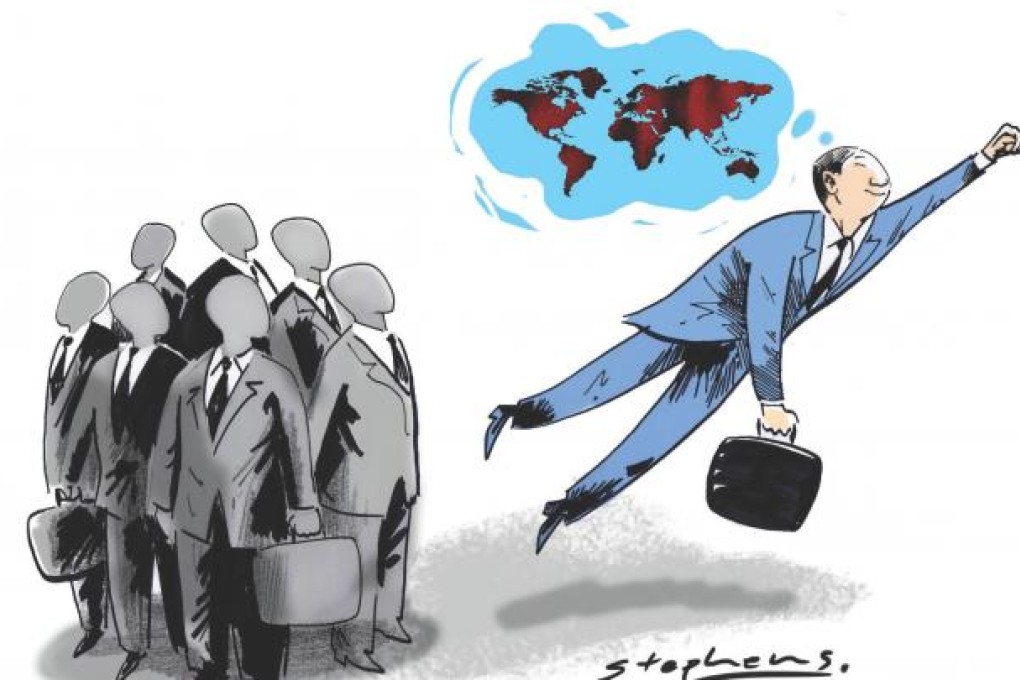For change, look to China's non-state sector
Kerry Brown says China's successful transformation into a middle-income country will depend largely on the performance of its next growth driver - the private sector

When an American president is elected or re-elected, there is a wave of speculation about who will be on his governing team. Who will he appoint to the State Department, the National Security Council and defence? This is a key way in which he offers clues to how he might exercise power and what policies he might follow.
The Chinese leadership transition gives no such clues. New Communist Party boss Xi Jinping might be at the heart of the group, but exactly what say he has in the appointment of key figures around him is open to speculation. The usual explanation for portfolios given to newly promoted figures is that they belong to the camp of former leaders Jiang Zemin or Hu Jintao.
Patronage, at the start of a new era in Chinese politics, belongs to the generations before. A classic case is the publicity (that's propaganda in the old terminology) slot in the full Politburo which was given to Liu Qibao. He, we are told, is Hu's man. But, for the sake of balance, he will report to Liu Yunshan, who is Jiang's man. In the 21st century, we still use terms in Chinese elite politics from medieval fiefdoms.
We want to know what policy direction these new leaders might take - and yet, in the era of "collective leadership", looking at the formal line-up of top figures gives little help. They are as uniform and grey in their worldviews as they appear in person - all men, all over the age of 50, all Han Chinese. Has a diverse country ever been led by such a narrowly rooted elite?
To work out the policy issues, therefore, we look not at the figures, but at the facts. We look at the predicament that China faces as a country in the coming decade as it travels towards middle-income status - a per capita gross domestic product by 2020 of around US$10,000, double what it is at the moment. We know from the experiences of other countries that this is a treacherous path, when economic issues get tangled up with social and political ones, and contention in society intensifies.
For China, the scale and speed of this transformation will be unique, but not the experience. These leaders, whatever their patronage links, need to steel themselves for this transition.